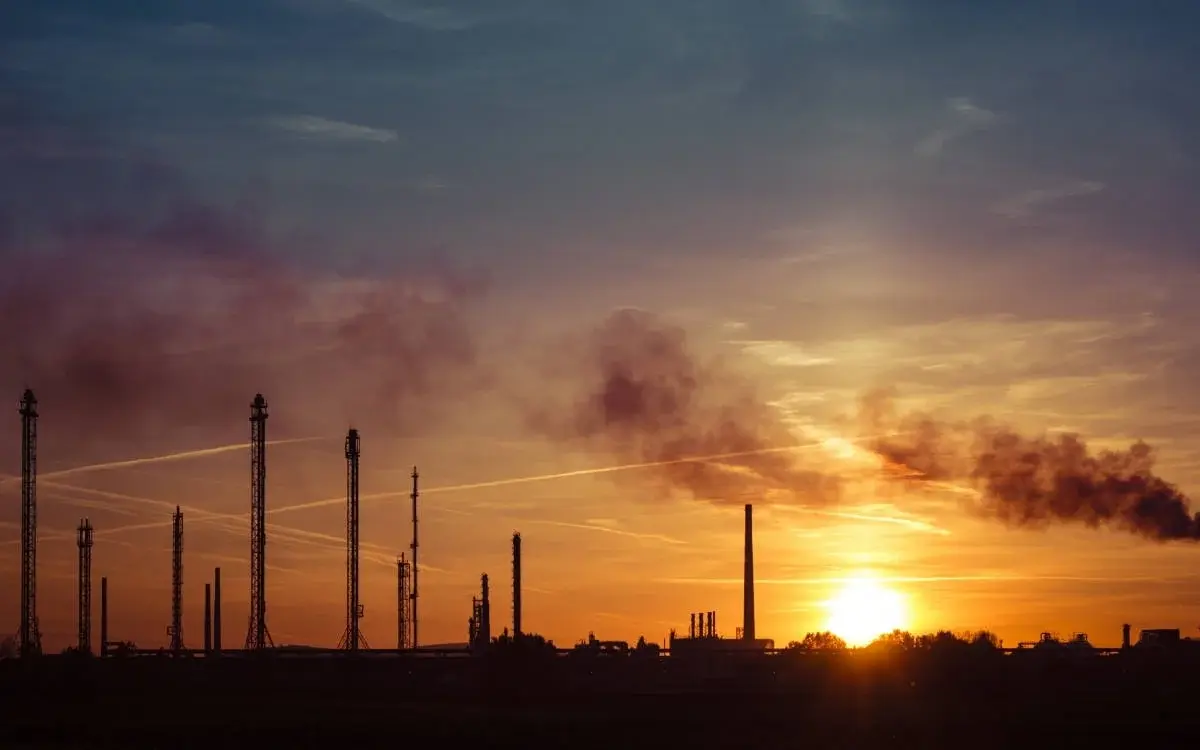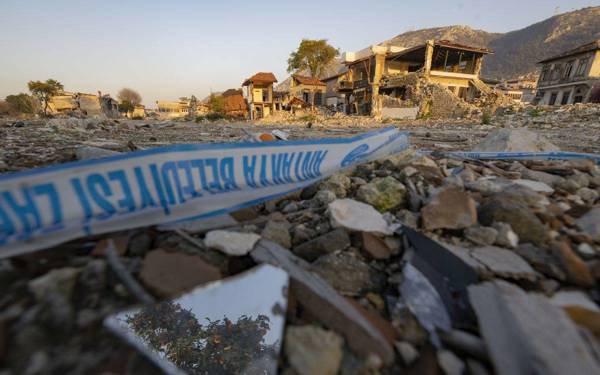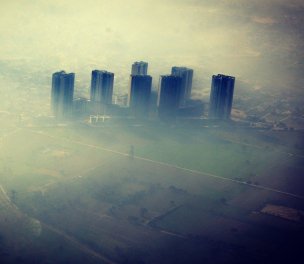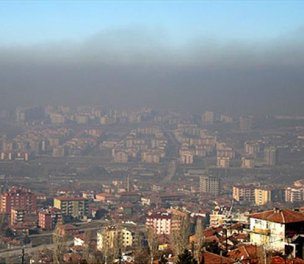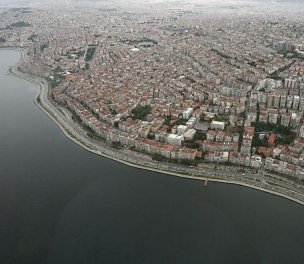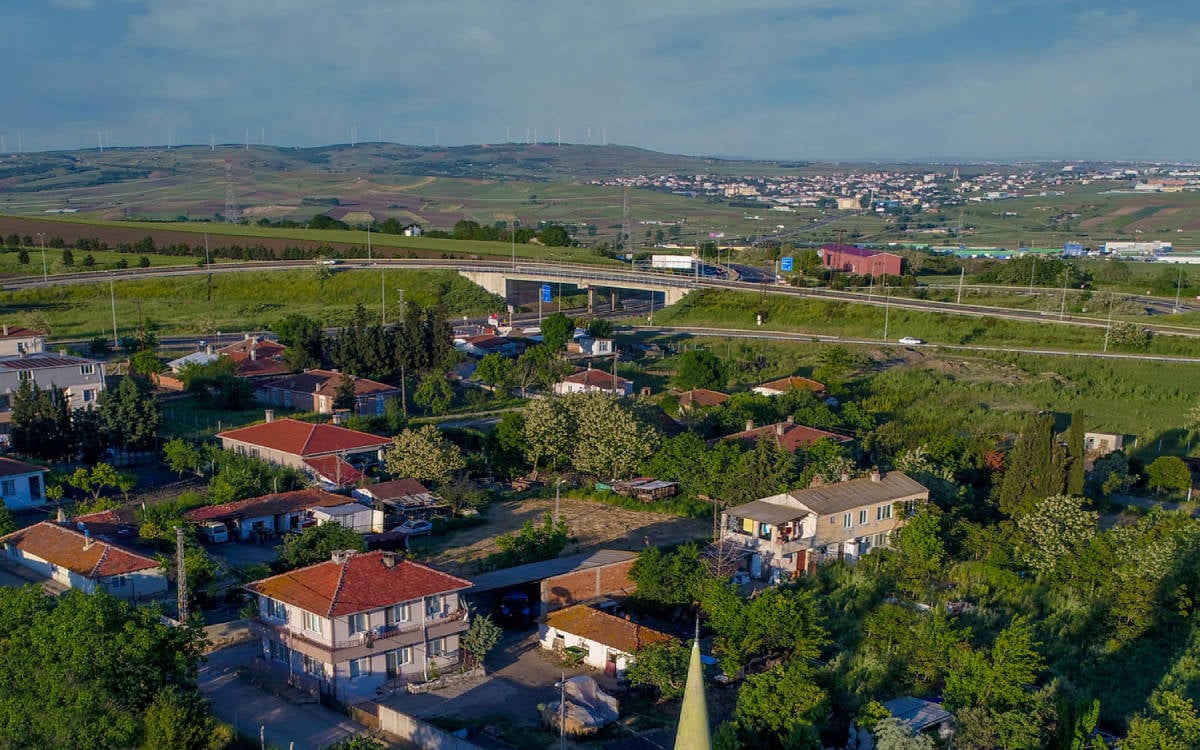Residents of the Çorlu district in Tekirdağ, an important industrial center in Turkey's northwest, are facing difficulties in breathing clean air due to industrial/chemical odors.
According to locals, the pervasive odor in the district is "unbearable." Civil society representatives and experts argue that the inspections conducted are insufficient and necessary measures are not being taken in the factories.
Following complaints in August, the Directorate of Environment, Urbanization, and Climate Change conducted inspections, resulting in a total fine of 3 million lira imposed on seven companies found to be polluting the air.
Throat-irritating smell
Retired resident Mesude Tekin expressed concerns about being unable to go outside on some days due to the odor, even unable to open windows, fearing illness.
Describing a recent intense smell that irritated the throat, Tekin highlighted the increase in elderly people spending time in shopping malls. She remarked that the days of being confined to homes during the pandemic continue due to the persistent odor, emphasizing the urgent need for a solution.
Ferhat Kurt, another resident, mentioned the presence of oil and chemical smells in addition to the odor emanating from the Çorlu stream due to factory waste.
"They say you notice the smell when it first comes, then you get used to it; but this is not like that at all. In the evening hours, we breathe this dirty air. Our throats burn all night long," he said.
"If the air is a bit humid in the evening, we have no chance of going anywhere. We are waiting for a solution. Maybe if heavy penalties are imposed on the factories, they will come to their senses. Don't their children live in this city too?"
Cem Mustafa Erdurur, spokesperson for the Çorlu Market Platform, remarked, "Nobody wants to raise their children in such an environment. Those who can afford it are leaving the city."
Insufficient inspections
In a statement, Çorlu Mayor Ahmet Sarıkurt emphasized the need for licensed inspection companies as the municipality cannot oversee industrial areas. Sarıkurt mentioned personally investigating the source of the odor by climbing onto roofs and stressed the necessity for updates to municipal inspection and punitive measures.
Murat Sevgi, a board member of the Thrace Platform, noted the variability of different odors depending on weather conditions. He highlighted the inadequate nature of inspections despite being conducted, pointing out gaps in the monitoring mechanism.
Sevgi stressed the need for measuring not only particulate matter but also gases emitted into the air, especially from industrial processes. He cited citizens' complaints to emergency hotlines about the strong odor in August, indicating the extent of the problem.
Sevgi also advocated for the inclusion of teams under the Ministry of Environment, Urbanization, and Climate Change in every Organized Industrial Zone (OIZ), insisting on the necessity of at least one inspection center along the Çorlu-Ergene-Çerkezköy-Kapaklı line under the Ministry's auspices.






